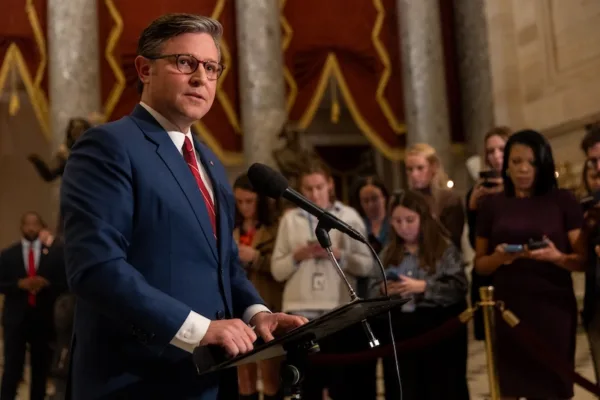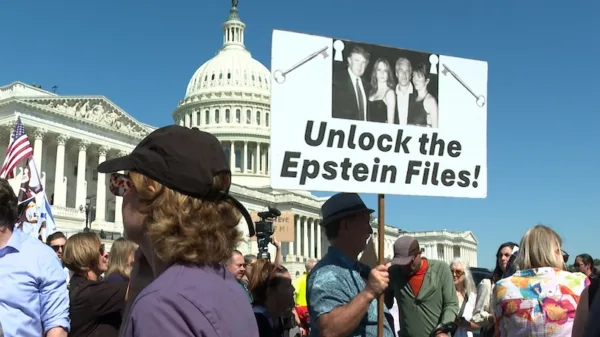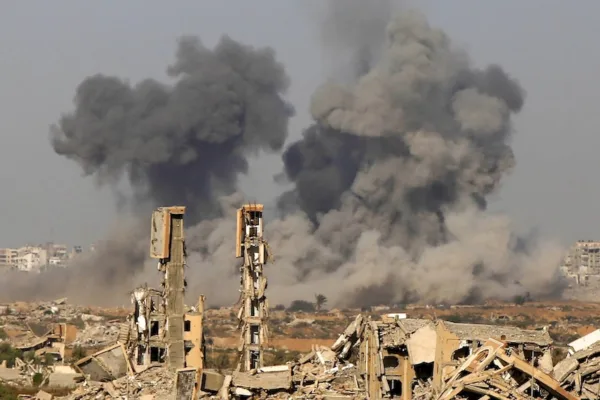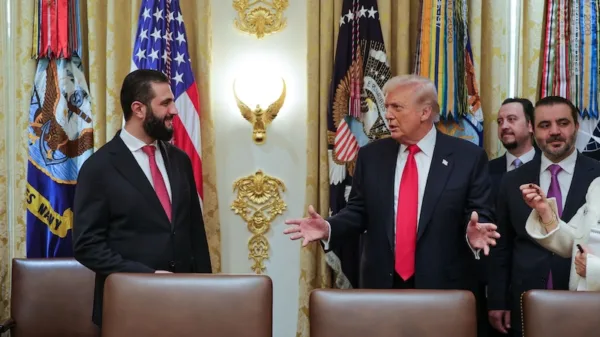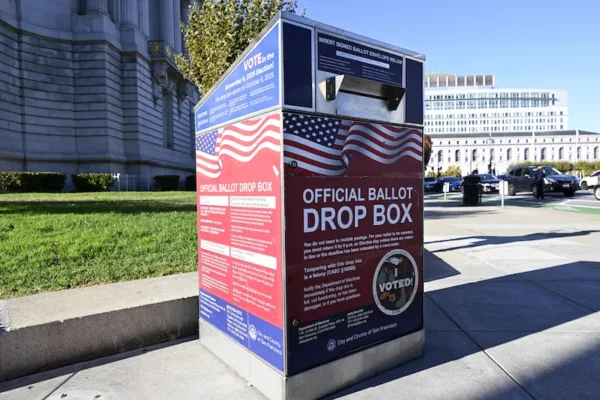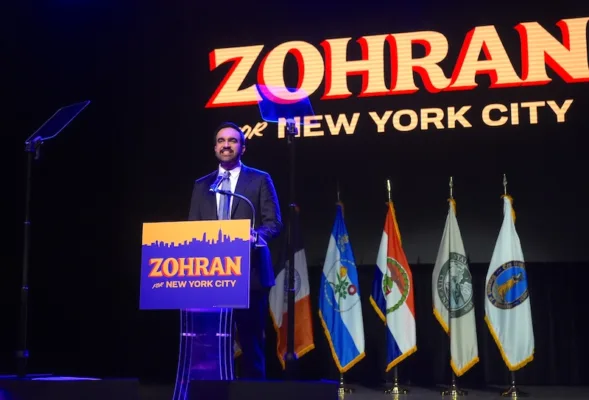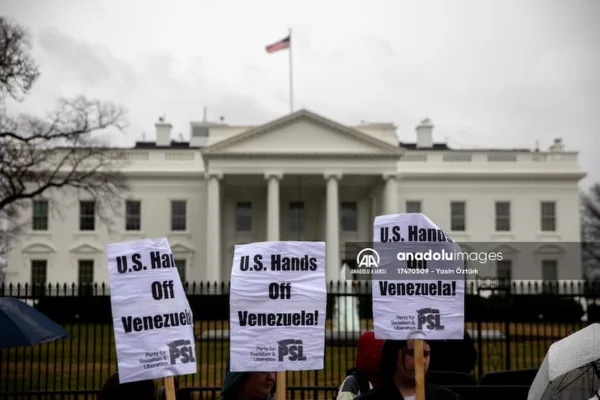SETA DC Hosted Panel on Islamophobia in the U.S. and Europe
On May 19, 2016, the SETA Foundation at Washington D.C. hosted a panel discussion entitled “Islamophobia in the U.S. and Europe: Policy Implications.” The event discussed the recently released SETA Foundation report of the same title. Panelists included the authors of the report, Enes Bayrakli and Farid Hafez, as well as distinguished experts on the issue of Islamophobia, Dalia Mogahed and Corey Saylor.
The issue of Islamophobia in Europe is understudied, and there is an unquestionable narrowing of understand of Islam in the U.S. and Europe today, Enes Bayrakli of the SETA Foundation argued.
Since the Paris attacks in November 2015, Europe has experienced an increase of hate crimes against Muslim populations. Islamophobia is also on the rise in the European media. Bayrakli counseled that the EU should move to adopt hate crime legislation, provide counseling services for victims of hate crimes, and establish an independent media watchdog as measures to stem increasing Islamophobia in Europe.
Farid Hafez, a researcher from the University of Salzburg, discussed the similarities between the political landscape and anti-Islamic discourse experienced in the U.S. today and the rise of similar sentiments in Europe a decade ago.
“Far right political parties and movements learn from each other how to use Islamophobia as a campaign tool,” he explained. Inspiring Islamophobia helps opposition parties to “hold, stabilize, and widen” their political power. Hafez also noted that right wing parties do not resort to populistic rhetoric when they are already in power.
Dalia Mogahed, Director of Research at the Institute for Social Policy Understanding, and Farid Hafez both argued that Islamophobia has become part of a greater institutional structure of racial hierarchy.
“Islamophobia is a danger to all Americans, not just minorities,” Dalia Mogahed argued, “It makes all Americans less safe, and less free.” She cited studies showing that legislation born from Islamophobia corresponds to the curtailing of rights of women, latinos, unions, and other minority groups.
An important piece of Ms. Mogahed’s analysis was that “Islamophobia doesn’t need Muslims or terrorism,” to exist. She also later argued that, despite the religious rhetoric deployed by Islamic extremists, the problem of violent extremism in the Middle East would still exist even if Islam did not. It is tied to economic and structural politics more closely than to religious identity.
“America is less safe because Islamophobia feeds the terrorist narrative that there is an irreconcilable conflict between Muslims and the West,” Mogahed put forward. She also discussed the fact that the U.S. employs an “inconsistent definition of terrorism,” which highlights Muslims and downplays terrorists acts committed by traditional segments of American society, such as white supremacists and anti-government radicals.
“There is an appetite in the U.S. for infringement on the Constitution out of fear of Islam and Muslims,” Corey Saylor of the Council on American Islamic Relations (CAIR) asserted.
To deal with Islamophobia in the U.S., Saylor advised that there needs to be an effort to get Americans to see Muslims as human beings again. As an example of the dehumanization of Muslims by American society, Saylor said that Americans, “feel horrified by the humanitarian tragedy of Syrian refugees, but that doesn’t translate into the U.S. tradition of welcoming them.”
“We (Americans) don’t know who we are anymore,” Saylor lamented. “We (Americans) need to project unity and not allow political candidates’ exploitive narratives of fear to divide us.”







